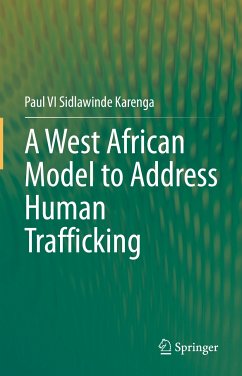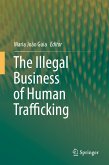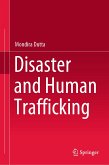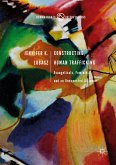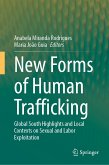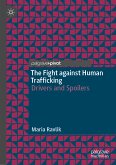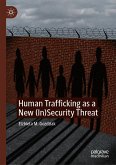This book describes the nature of trafficking in persons in West Africa, focusing on labor and sexual exploitation in the region, and recommends tailor-made solutions established by the Catholic Church in light of governmental authorities' failure to effectively combat this scourge of humanity. While states' efforts to fulfill their international obligations in developing anti-trafficking legislations are recognized, their failure to carry out prosecutions of offenders and ensure protection of the victims reveals that law alone is not a sufficient instrument for realizing human rights and improving people's lives. Faced with the sobering background of less than successful efforts by governmental entities to end the trade in humans, this research study recommends adopting essential elements of Catholic social teaching, which rests on the inherent dignity of human beings allowing the development of political, socio-cultural, and religious reforms that will increase the effectiveness of existing legislation designed to combat trafficking. This faith-based approach highlights the role that religion may play in fulfilling the discretionary provisions of the Palermo Protocol by promoting the welfare and protecting the life and dignity of the victims. Additionally, religion is composed of sound moral ethics that determine people's behavior to refrain from the sinful conduct of trafficking. It also creates a sense of ethical responsibility that promotes supply chain transparency and ethical purchasing as well as advocating social reforms and anti-trafficking legislations initiatives. In fact, the author's approach, may be a model for other regions in the world and will be of interest to scholars, law and policy makers, human rights advocates and law enforcement agents working in the field of trafficking in persons.
Dieser Download kann aus rechtlichen Gründen nur mit Rechnungsadresse in A, B, BG, CY, CZ, D, DK, EW, E, FIN, F, GR, HR, H, IRL, I, LT, L, LR, M, NL, PL, P, R, S, SLO, SK ausgeliefert werden.

